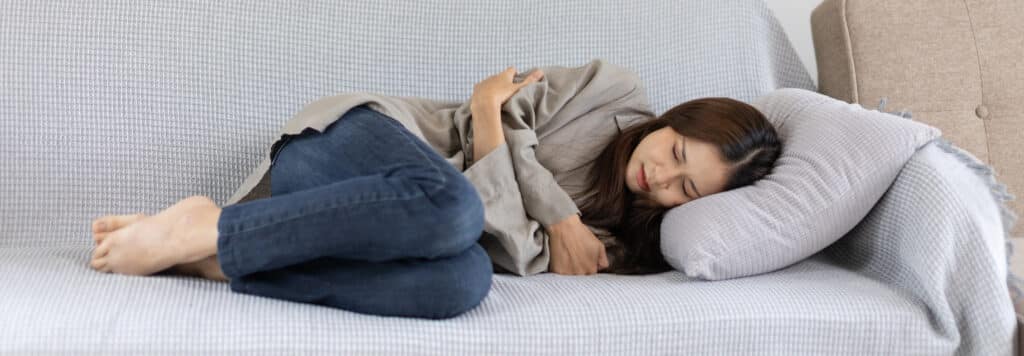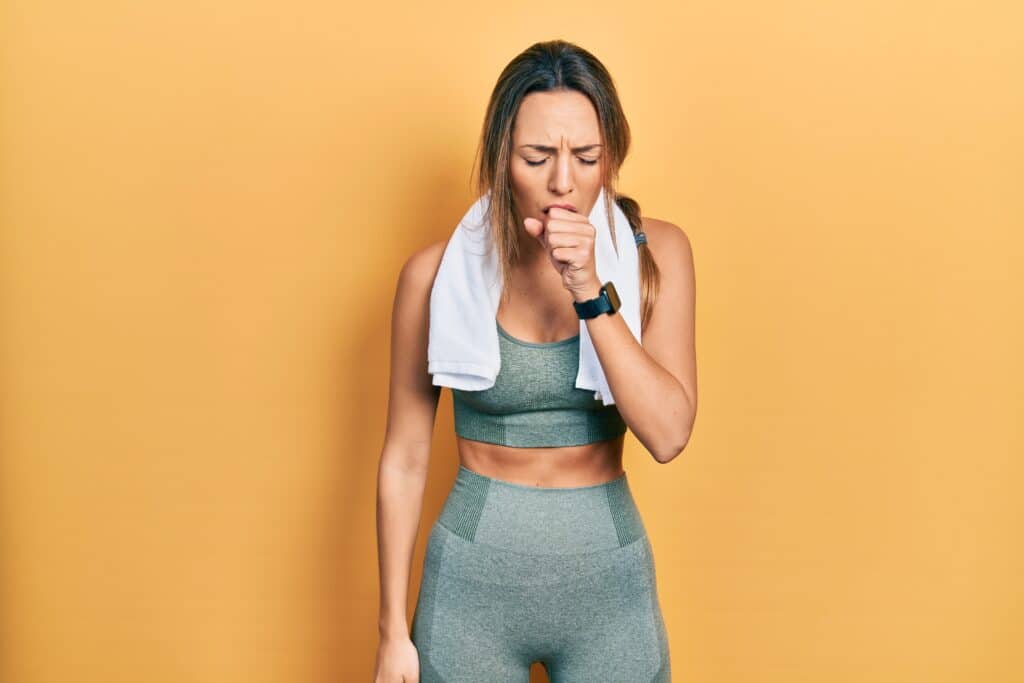Are you curious about whether exercise prevents cold sores? Cold sores are fluid-like swellings at the edges of your mouth due to flu or fever. These swellings are caused by herpes simplex virus (HSV-1), and they disappear independently after seven to ten days. Luckily, the spread of this infection can be reduced by taking antiviral medications that reduce the chances of cold sores recurring.
Vitamins C and D play a crucial role in boosting your immunity, and their lack can result in cold sores. Some factors that trigger cold sores include stress, hormonal changes, cold or other illness, and dry or cracked lips. For instance, cracked lips give an entrance to viruses and bacteria that can lead to infections.
Before forming these blisters, you’re likely to experience an itching or burning sensation around or on the lips of your mouth. You might not notice any symptoms after you become infected, but you may see fluid-filled sores after some time.
Cold sores are contagious, and therefore, they can be transmitted through direct contact. Both emotional and physical stress can reduce your body’s ability to fight viral infections. This can trigger an outbreak of cold sores. While exercises can help reduce emotional stress, excessive workouts can weaken your immunity.
Suppose you’re a victim of recurring cold sores and wonder if exercising can prevent them from recurring. Continue reading this feature to clear up your doubts.
Does Exercise Make Cold Sores Worse Or Better?
Exercising is an essential part of staying and living a healthy life. As mentioned earlier, exercise reduces emotional stress, which triggers fever blisters. Therefore, it can significantly reduce recurrent cold sores even before herpes immunity.
Note that herpes simplex virus has no cure. Hence, treating a person with the virus is impossible, but you can minimize the virus’ effects.
It’s said that cold sores increase after a training session. For instance, you might notice the appearance of red fever swellings several days after you’ve lifted heavy weights or run onto the treadmills. However, engaging yourself in exercises will not cause cold sores.
But as stated earlier, cold sores are contagious, so that they can be transferred from one person to another in the gym setting. For instance, if you share a water bottle with the infected person, you’re more likely to contract cold sores. Therefore, it’s advisable never to share your water with anyone in the gym.
Also, you must be extra careful when handling gym equipment since someone with open cold sores might’ve used them. Practice caution to prevent further risks.
It’d be best to continue exercising since regular exercise reduces the chances of recurring infections. You can take over-the-counter fever sores treatment to shorten the healing period too.

Should You Exercise With Cold Sores?
You shouldn’t indulge yourself in some activities if you have cold sores. But it would be best if you didn’t stop exercising. Remember that training is a healthy practice; henceforth, good health can help heal fever sores naturally.
Training is positive even though fatigue and general sickness can influence cold sores. Ensure you stay hydrated, knowing that minor issues caused by intense exercise suit your body. Dehydration can lead to cracked lips, and the virus can easily invade that region of the body.
You can improve your immune system by attending various fitness classes. Strong immunity will not worsen your sores but make them better or disappear. But before engaging in any activity, listen to your body first and choose the proper workout.
Tips For Avoiding Cold Sores
Several ways can prevent or reduce the occurrence of cold sores. They include:
- Practice Good Hygiene: Hygiene is a critical way to stay healthy. Make it a habit of carrying a sanitizer bottle in your gym bag. After handling gym machines, sterilize your hands since you can’t wash your hands every time after every set of weights.
- Avoid Touching Your Face: While exercising, you might come into contact with HSV-1. To prevent further risks, be conscious of your actions and avoid touching your mouth area.
- Take Extra Precautions Based On Your Personal History: It’s advisable to take a break from exercising if you’ve worked hard and feel exhausted, slept poorly the previous night, or maybe experiencing minor illnesses.
Conclusion on Can Exercise Prevent Cold Sores
From the post above, it’s understandably true that exercising is good for health. Therefore, training can prevent and reduce the occurrence of fever blisters. You only need to be cautious while training or handling gym equipment to avoid spreading or getting cold sores.




